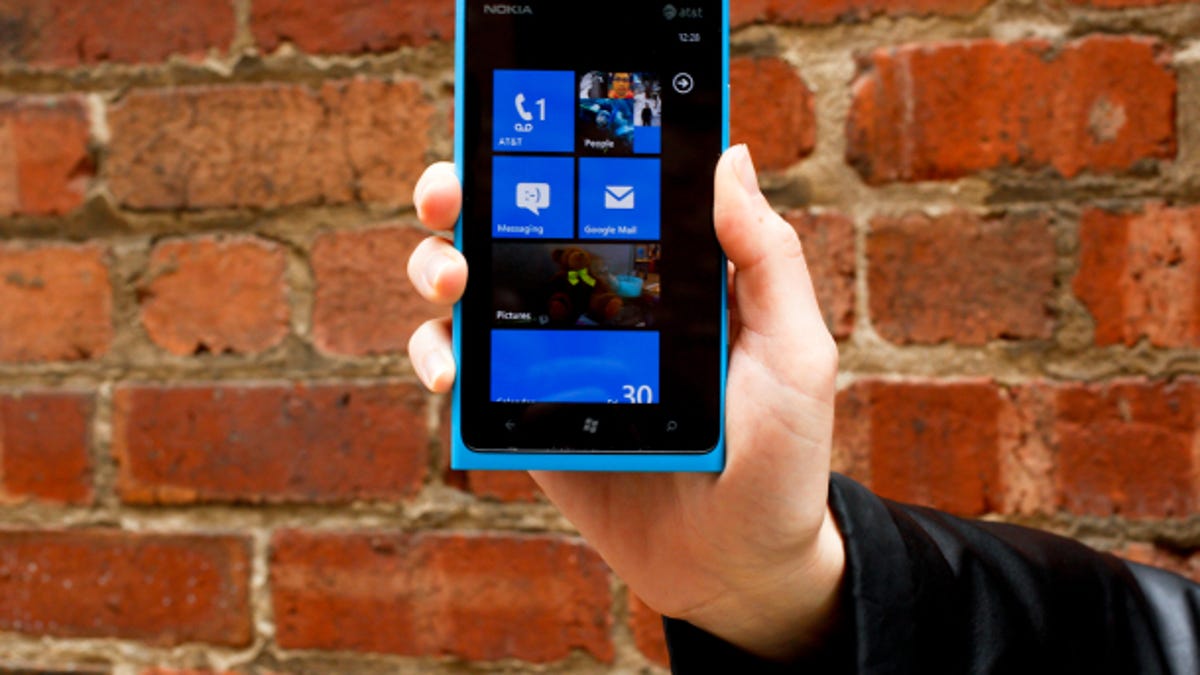Windows Phone 8 upgrade catch may dash Nokia's U.S. dreams
Microsoft's decision to bar older Windows Phones from upgrading burns current users and demolishes the goodwill built here by Nokia's Lumia phones.

commentary Microsoft's Windows Phone 8 operating system looks great. Too bad anyone who actually cared enough to buy a Windows Phone over the past two years will be left out in the cold.
Microsoft today unveiled Windows Phone 8 and confirmed old phones wouldn't be able to upgrade to the new version.
Chalk it up to another brilliant move by Microsoft: unveil a sparkling new version of its fledgling operating system, only to deny the very people who would want to use it.
Nokia will feel the heat the most. The company has bet its future on Windows Phone, and has touted its lineup of Lumia smartphones as the marquee handsets using Microsoft's mobile platform. But with its current line of Lumia phones stuck at Windows 7.5, what exactly is Nokia going to tell buyers who will soon be stuck on a generation-old operating system? Sorry? Thanks for buying, sucker?
Nokia already had little cachet and even less goodwill with consumers in the U.S. Microsoft's decision to bar older Windows Phone devices from an upgrade kills any credibility Nokia had left in the U.S. Sure, many technically savvy consumers probably held off on buying the recent Lumia phones, and there were hints that this might happen. But there were still a lot of consumers who bought the Lumia 710 or Lumia 900.
Nokia's gamble was a particularly risky one in the U.S. After being the maker of the de facto phone here a decade ago, the company lost its standing to rivals such as Motorola and Samsung Electronics and was reduced to a niche brand for phone enthusiasts. As a result, the company had to spend a lot to promote the
The core dilemma for Nokia in the U.S. is its challenge in revitalizing a long-faded brand using a little-known mobile operating system. Nokia could have jumped on the Android bandwagon but opted to further set itself apart with its sole commitment to partner with Microsoft.
The early results haven't been stellar, and Nokia and Microsoft can ill afford such a bonehead move as this upgrade decision. Windows Phone is not even the third largest smartphone operating system (Nokia's near defunct Symbian is, followed by BlackBerry), and it's still fighting to get in the minds of consumers.
The frustrating part is Nokia had a great shot at breaking into the U.S. AT&T backed the Lumia 900 with its biggest campaign, and both Nokia and AT&T called it their flagship phone. But after a strong start, the phone's momentum quickly waned.
Well, it's clear now everyone should have waited for the Windows Phone 8 version of the Lumia. Rather than a flagship phone, it now appears more like a stopgap to something better.
Windows Phone 8 is expected to be dramatically better. In addition to a wide number of new features, the key advancement is a tighter integration with the PC and tablet-centric Windows 8 operating system, with common cores between the two.
Microsoft said it will release an incremental upgrade to Windows Phone 7 to bring the updated Windows Phone 8 tile interface to existing users. But that's cold comfort for people who went out on a limb with Windows Phone.
In comparison, Apple is great at ensuring some of its older phones get access to the newest version of iOS, even if the results aren't always the smoothest. And though Android updates can be frustratingly slow (blame the carriers), they do come.
Microsoft has shown in recent days a willingness to irk its partners, so perhaps this shouldn't be a surprise.
But Microsoft has a lot of explaining to do, to its key partner, Nokia, and to the customer -- both of whom got shafted.

